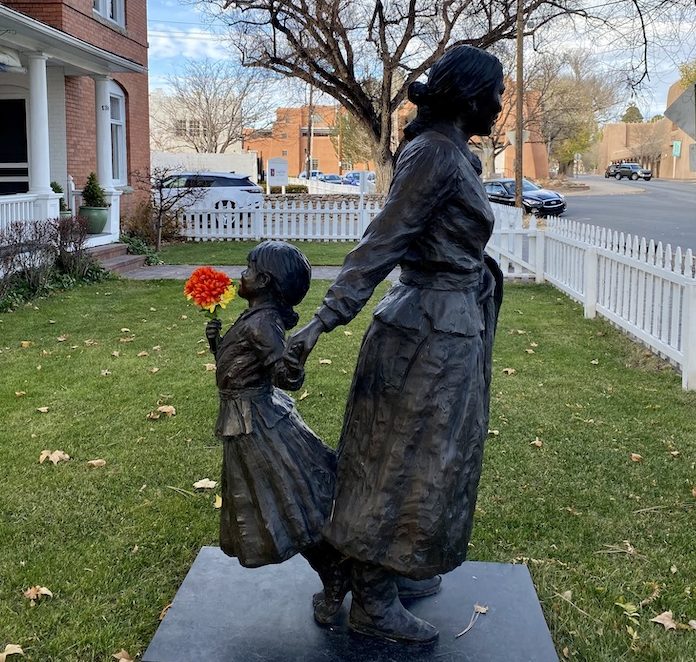When I look at my network of friends, family, close colleagues, etc., one disturbing observation strikes me: Only a handful of these individuals appear to me to be in a better place emotionally and psychologically than they were pre-pandemic.
Most people I know (about 70%) seem to be experiencing worse levels of mental well-being since Covid restrictions started, while some (maybe 25%) appear about the same. I’d say 5% are doing better.
Collectively, that’s a whole lot of flourishing that isn’t happening!
I can’t think of another time in my life when I would have made the same observation.
In pre-pandemic times, I’d say people overall experienced a mixed state of thriving, with about a third doing better than they were two years prior, a third doing worse, and a third remaining the same.
Career advancements or stalls, relationship changes, substance use, exciting travels or repetitive days, new or thwarted opportunities, and so forth all impacted those levels of well-being. Before March 2020, I’d hear from one person who moved to a new place and loved it, while another found his own move disappointing and disheartening. One friend would get engaged and be elated, while another experienced a devastating breakup that took time to recover from.
The difference was that people didn’t feel so stuck when they hit a down. They had options. They could do things. They could try new jobs, new relationships, new workouts, new social meetup groups, new therapists, new classes, etc. It’s not that it was easy; it’s just that life was more fluid.
No one back then would have said that a healthier world order would come from ongoing isolation at home, working in pajamas, doomscrolling on social media, having kids attend school through computer screens, closing gyms, preventing people from accessing parks and beaches, and keeping people from exchanging parting words with dying loved ones.
While some of the worst of these restrictions are over, the social isolation and malaise continue.
To recover as a society and as individuals, we have to acknowledge our present circumstances, which can mean acknowledging pain, loneliness, and lost opportunity. We cannot get our last two+ years back, but we can start to heal.
“Our families and culture believed that the vulnerability that it takes to acknowledge pain was weakness, so we were taught anger, rage, and denial instead. But what we know now is that when we deny our emotion, it owns us. When we own our emotion, we can rebuild and find our way through the pain.”
Brené Brown in Braving the Wilderness: The Quest for True Belonging and the Courage to Stand Alone
I will be writing a series of posts on this topic and would be honored to incorporate your own experiences in them as part of my research.
To start, it would be helpful and informative to see your numbers:
What percentage of the people in your social network (family, friends, coworkers, etc.) appear to you to have levels of mental well-being that are better, worse, or the same compared to pre-pandemic levels?
As an example, my estimate was 5% better, 70% worse, and 25% the same.
Take the survey anonymously below.





